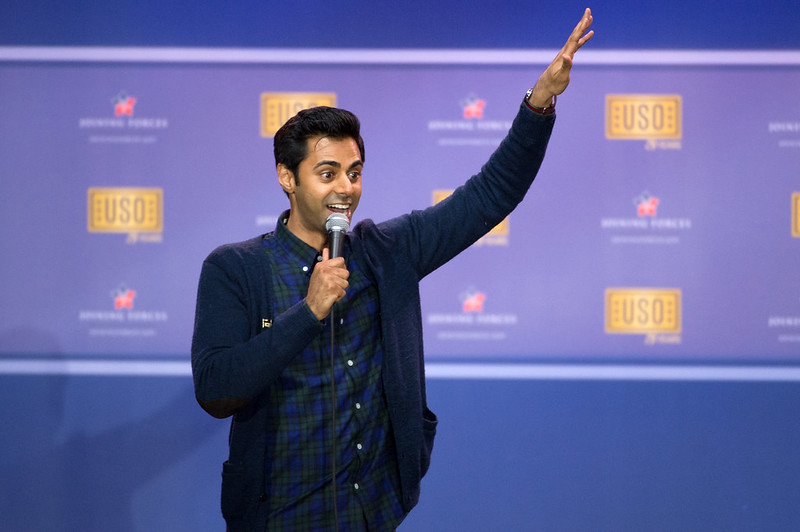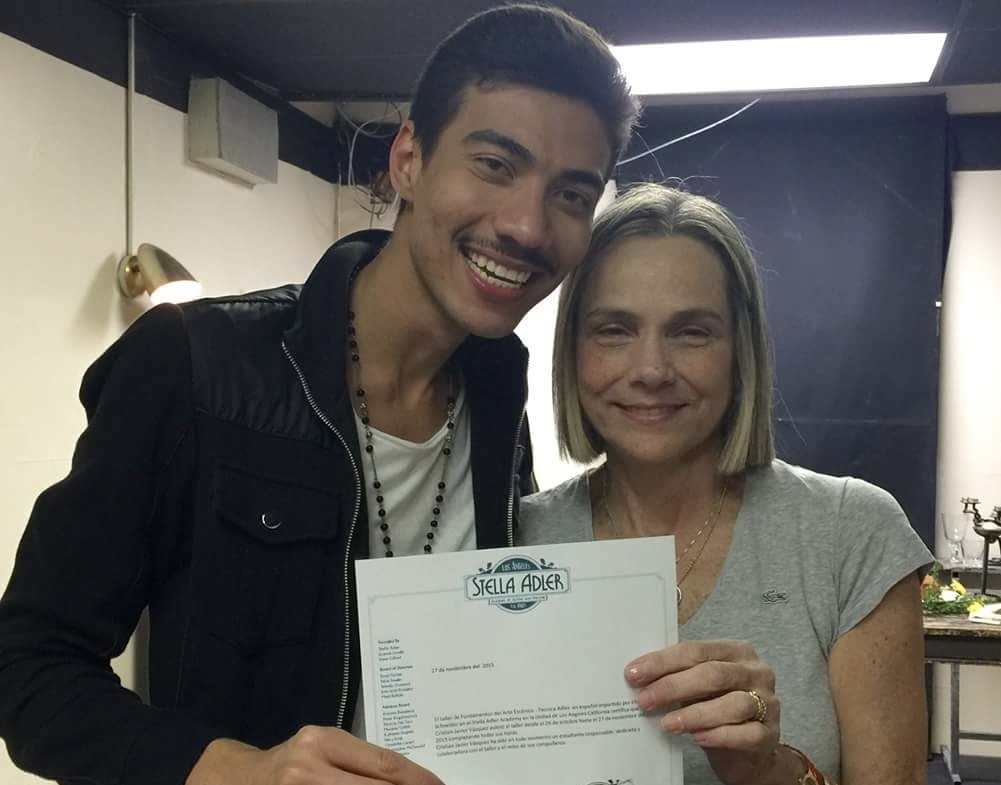(NEW YORK) — Hasan Minhaj’s “emotional truths” have left millions of fans questioning their loyalty to the comedian. While Minhaj has often ventured into territory where journalism and humor intersect, recent allegations of fabricating personal memoirs have cast a shadow over his work.
Without sounding like a Minhaj-apologist, I will explore how his blend of comedy and journalism still holds value despite these allegations.
Minhaj’s journey into the gray area of journalism began with his comedy special, “Homecoming King,” an exploration of his immigrant experience. Although recent allegations suggest that his personal narratives may have been embellished, the underlying power of his storytelling remains intact. Even if certain details are not entirely accurate, Minhaj’s ability to connect with his audience and convey relatable experiences is a hallmark of effective journalism.
Political comedy and satire have a long history of using humor to critique flaws in society, politics, and the media. Exaggeration is often used to emphasize these flaws, making them more apparent to the audience. In this context, humor serves as a vehicle for commentary and critique rather than a strict commitment to factual accuracy. In “Homecoming King,” Minhaj recounts an incident involving an undercover cop, Brother Eric, who infiltrated his mosque to investigate “terrorist activity.” In a prank gone too far, Minhaj found himself with his head slammed against the front of the cop’s car. It has since been revealed that parts of this story were fabricated.
While comedians may stretch the truth for comedic effect, it’s important to distinguish between exaggeration for humor’s sake and the deliberate spreading of false information. Minhaj’s story mirrors real experiences faced by Muslim-Americans in a post-9/11 world.
In fact, according to the Associated Press, the New York Police Department collected intelligence on over 250 mosques and Muslim groups around New York, often using undercover officers and informants to survey the Islamic population of America’s largest city. Although recent allegations assert that Minhaj has falsified his anecdotes, his approach to comedy still relies on intense fact-checking and verification – an essential practice in responsible journalism.
For instance, in an episode of “The Daily Show,” Minhaj engaged with Marques Brownlee, the “Kim Kardashian of technology,” questioning the user-friendliness of modern technology. While humor remained central to the episode, Minhaj’s willingness to change his perspective through conversation demonstrated his commitment to the truth.
Moreover, in his Netflix show “Patriot Act,” Minhaj took on complex issues, including the controversial relationship between the United States and Saudi Arabia. His episode on Saudi Arabia, which delved into the murder of a Saudi journalist, showcased his dedication to holding those in power accountable. Despite Minhaj’s exaggeration of the backlash he received following the episode’s release, his commitment to ethical journalism is undeniable.
Comedians like John Oliver, Steven Colbert, and John Stewart rely on humor to break down complex issues, making them accessible to a broader audience. But Minhaj belongs to a select group of comedians – Aziz Ansari, Vir Das, and Russell Peters – who bear the responsibility of accurately representing an entire population’s identity and experiences.
This burden can manifest in various ways, including the challenge of addressing delicate topics while being funny and critical, inoffensive and accurate, gripping and genuinely truthful.
Minhaj’s career was built on uniting Indian-Americans in this country and bringing their experiences into the spotlight. While it is justifiable to hold him accountable for any inaccuracies, it’s essential to recognize the unique challenges he faces in balancing representation and authenticity in his work. Minhaj’s ability to navigate these challenges while engaging in important discussions speaks to his role as a trailblazer and cultural influencer, offering insights into the complexities of identity, race, and representation within the realm of comedy and entertainment.
To end, I would like to quote Charlie Peterson, an academic who specializes in ethics: “We’re splitting moral hairs while Rome is burning around us.” Peterson believes the discourse surrounding Minhaj is a “massive waste of time and energy.” He highlights that Western philosophers still have no consensus on what is morally “good” or “bad”. There’s no point in trying to judge whether Minhaj has crossed the line, tip-toed over the line, or straddles it.
Peterson chides those who are going after Minhaj when there are much bigger fish to fry – ones that Minhaj has baited several times.


